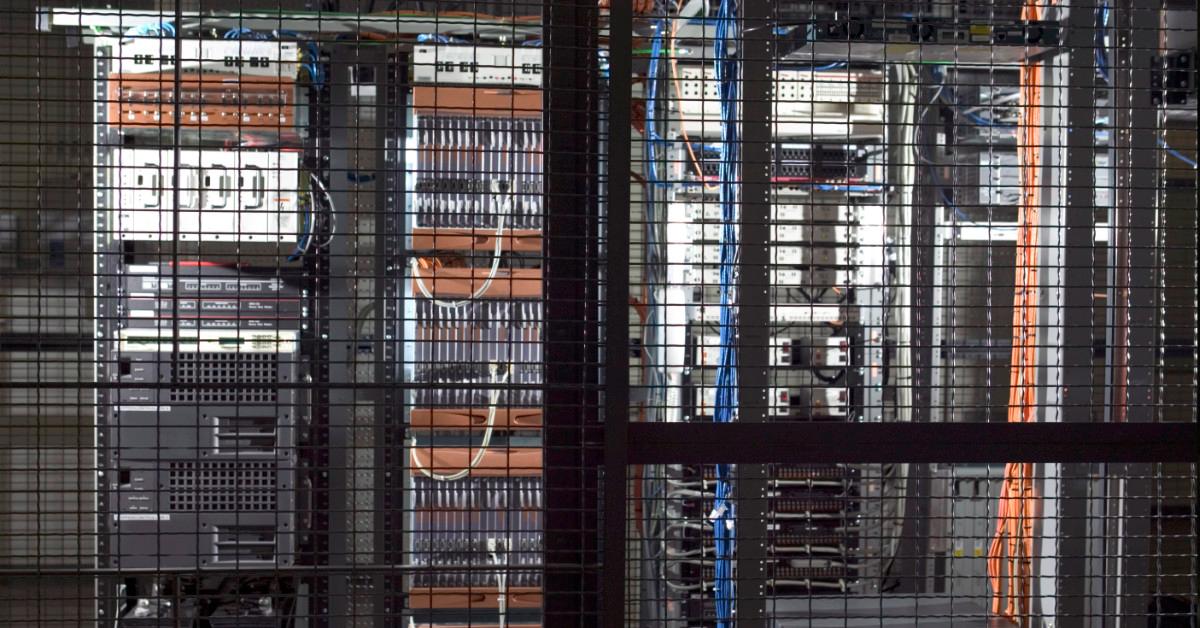The Dark Web Offers 'Extreme Privacy,' for Better or Worse
Is it illegal to use the dark web? Learn more about the darknet technology and the ways people use it for licit and illicit activities.
Dec. 14 2021, Published 2:22 p.m. ET

The dark web, a subset of the internet that can’t be accessed by traditional web browsers and isn’t indexed by search engines like Google, certainly sounds shadowy and nefarious. But is it illegal?
In broad terms—this article doesn't provide legal advice—it isn’t illegal to access the dark web, but some users do use the dark web for illegal activities. Computer security company Norton specifies that visiting certain sites and making certain purchases on the dark web are against the law.
“The truth about the dark web is that in addition to offering extreme privacy and protection from the surveillance of authoritarian governments, it facilitates a growing underground marketplace that sophisticated criminals use to traffic drugs, stolen identities, child pornography, and other illicit products and services,” the International Monetary Fund’s Finance & Development reports.
A 2015 study found that 57 percent of classifiable dark web websites were illicit.

After classifying more than 2,700 websites on the Tor darknet in 2015, King’s College London researchers Daniel Moore and Thomas Rid found that 57 percent of the sites carried illicit content. “The results suggest that the most common uses for websites on Tor hidden services are criminal, including drugs, illicit finance and pornography involving violence, children and animals,” the researchers added.
However, the dark web has legal uses. It gives users online privacy and allows citizens in authoritative regimes to get access to blocked parts of the internet. The dark web also gives whistleblowers protection from retribution, as F&D reports.
In an interview with VICE, Rid noted that government officials push to decrypt such sites for criminal investigations. Encryption advocates often ignore the potential for abuse on the dark web. “We wanted to introduce a more nuanced discussion, and to stake out the middle ground between those two extremes, because obviously they can’t both be right,” Rid added.
A 2018 undercover operation resulted in the arrests of 35 individuals.
In June 2018, the Department of Justice, the U.S. Immigration and Customs Enforcement’s Homeland Security Investigations (HSI), the U.S. Secret Service, the U.S. Postal Inspection Service, and the U.S. Drug Enforcement Administration revealed “a year-long, coordinated national operation that used the first nationwide undercover action to target vendors of illicit goods on the darknet.”
Through that operation, 35 alleged darknet vendors were arrested and more than $23.6 million in weapons, drugs, and other “ill-gotten gains” were seized, according to a release from the Department of Justice.
“The darknet is ever-changing and increasingly more intricate, making locating and targeting those selling illicit items on this platform more complicated,” Derek Banner, the HSI’s then acting executive associate director, said at the time.
“But in this case, HSI special agents were able to walk amongst those in the cyber underworld to find those vendors who sell highly addictive drugs for a profit. The veil has been lifted. HSI has infiltrated the darknet, and together with its law enforcement partners nationwide, it has proven, once again, that every criminal is within arm’s reach of the law.”
